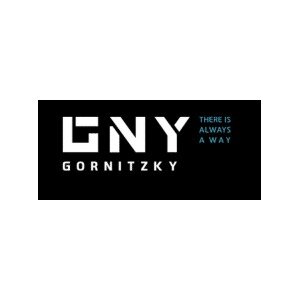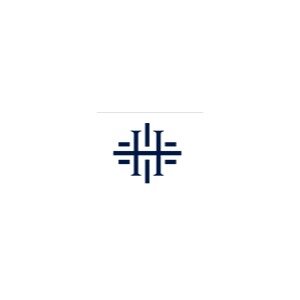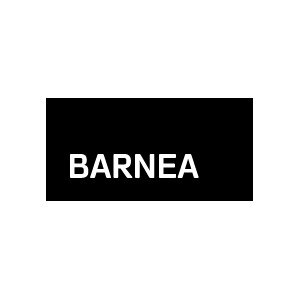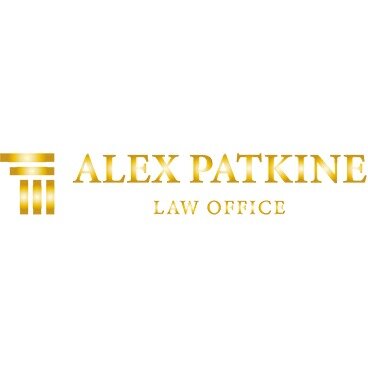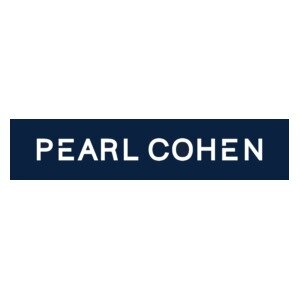Best Sanctions & Export Controls Lawyers in Tel Aviv
Share your needs with us, get contacted by law firms.
Free. Takes 2 min.
List of the best lawyers in Tel Aviv, Israel
About Sanctions & Export Controls Law in Tel Aviv, Israel
Sanctions and export controls are an integral part of Israel's legal framework, particularly in Tel Aviv, a major center for business and innovation. These laws regulate the transfer of goods, technologies, and services across national borders, especially those with potential security implications. Sanctions are measures imposed to restrict business with certain countries, organizations, or individuals, often due to security, political, or human rights considerations. Export controls restrict the sale, shipment, or provision of sensitive goods and technologies, primarily to prevent the proliferation of weapons and protect national security. Israeli businesses operating in Tel Aviv, or individuals who engage in international trade, must navigate a complex landscape shaped by domestic laws and international obligations that address these areas.
Why You May Need a Lawyer
Legal challenges related to sanctions and export controls can arise for a variety of reasons. Common situations where legal help is often necessary include:
- Expanding your business to international markets and needing compliance advice
- Selling or shipping technology or dual-use goods abroad
- Partnering with foreign companies or individuals, especially from sanctioned regions
- Receiving inquiries from Israeli authorities regarding transactions or exports
- Facing penalties, investigations, or enforcement actions for alleged violations
- Dealing with blocked assets or frozen funds due to sanctions
- Seizing opportunities in new markets that require clearance under export regulations
Inaccurate compliance with these complex laws can result in hefty fines, criminal prosecution, or damaging restrictions for your business. A lawyer with expertise in sanctions and export controls can provide tailored advice to minimize risks and ensure lawful operations.
Local Laws Overview
Israel's legal system regarding sanctions and export controls includes both national statutes and adherence to international frameworks. Key local aspects include:
- Israeli Defense Export Control Law - Governs the export of defense-related equipment and dual-use items. The Ministry of Defense's Defense Export Control Agency (DECA) oversees licensing and enforcement.
- Customs Ordinance and Regulations - Regulate the import and export of goods, and empower customs officials to inspect goods and enforce prohibitions.
- Sanctions Laws and Executive Orders - Reflect both United Nations Security Council resolutions and Israeli government policy, leading to asset freezes, trade bans, or travel restrictions on listed persons or entities.
- Foreign Trade Legislation - Includes export restrictions on sensitive technologies, particularly those with military or intelligence applications.
- International Law Compliance - Israel complies with several international agreements, sometimes imposing broader restrictions than required on trade with certain countries or regions.
- Penalties and Enforcement - Violations can lead to criminal or administrative proceedings, including heavy fines and even imprisonment for deliberate breaches.
In Tel Aviv, as a commercial and technological hub, these laws are rigorously enforced, meaning businesses and individuals must remain vigilant and properly informed about their obligations.
Frequently Asked Questions
What are sanctions and why do they matter in Israel?
Sanctions are measures restricting specific trade or financial relationships with targeted countries, entities, or individuals. In Israel, sanctions reflect both international agreements and national interests, playing a crucial role in safeguarding security and foreign policy objectives.
What is considered an export under Israeli law?
An export in Israel is broadly defined. It can include the physical shipment of goods, transfer of technology via electronic means, or even sharing technical data with foreign nationals, whether inside or outside Israel.
Which government agencies oversee sanctions and export controls?
The Ministry of Defense (through DECA) handles defense exports, while the Ministry of Economy, Ministry of Foreign Affairs, and Israeli Tax Authority (Customs) are involved in licensing, compliance, and enforcement for non-defense items.
How can I check if a product or technology is controlled or restricted?
You should review the relevant control lists published by Israeli authorities or consult with a qualified legal expert. Determining control status can be complex, especially for dual-use items.
What are dual-use items?
Dual-use items are goods, software, or technologies that can be used for both civilian and military purposes. Exporting dual-use items often requires special licenses or government permission.
Are there specific countries or entities I cannot do business with?
Yes. Israel maintains lists of sanctioned countries and restricted parties. Engaging in business with these parties without a license is generally prohibited and can carry significant legal consequences.
What happens if I violate export control or sanctions laws?
Violations can result in severe fines, the loss of export privileges, revocation of business licenses, and even criminal prosecution with potential prison sentences.
Can a company be held liable for employees' actions abroad?
Yes. Israeli companies can be held liable for their employees' actions both domestically and internationally, particularly if proper compliance policies are not in place.
Do these laws apply to services and software, or only physical goods?
Sanctions and export controls apply to physical goods, as well as services, software, blueprints, and digital transfers involving controlled technologies and data.
How do I apply for an export license in Israel?
You must submit an application to the relevant authority, such as DECA or the Ministry of Economy, depending on the product or technology involved. Legal advice is recommended to ensure proper completion and compliance.
Additional Resources
If you need further information or assistance, consider consulting the following Israeli bodies and resources:
- Ministry of Defense - Defense Export Control Agency (DECA)
- Ministry of Economy and Industry - Foreign Trade Administration
- Israel Tax Authority - Customs Directorate
- Ministry of Foreign Affairs
- Association of Israeli Chambers of Commerce
- Local chapters of international trade compliance organizations
These organizations can provide guidance, official forms, and regulatory updates. A specialized lawyer can help you interpret guidelines and interact efficiently with authorities.
Next Steps
If you believe you need legal assistance regarding sanctions and export controls in Tel Aviv, consider taking the following steps:
- Document your specific concerns or compliance questions before seeking advice.
- Gather any relevant contracts, correspondence, licenses, or notices you've received.
- Contact a lawyer specializing in sanctions and export controls in Israel, preferably one with experience in your sector.
- Request an initial consultation to assess your legal position and exposure.
- Work with your legal advisor to establish or review compliance procedures, especially if your operations involve international partners or sensitive goods and technologies.
Legal advice is essential to avoid inadvertent breaches, ensure compliance, and protect your business or personal interests when navigating Israel's strict sanctions and export control regime.
Lawzana helps you find the best lawyers and law firms in Tel Aviv through a curated and pre-screened list of qualified legal professionals. Our platform offers rankings and detailed profiles of attorneys and law firms, allowing you to compare based on practice areas, including Sanctions & Export Controls, experience, and client feedback.
Each profile includes a description of the firm's areas of practice, client reviews, team members and partners, year of establishment, spoken languages, office locations, contact information, social media presence, and any published articles or resources. Most firms on our platform speak English and are experienced in both local and international legal matters.
Get a quote from top-rated law firms in Tel Aviv, Israel — quickly, securely, and without unnecessary hassle.
Disclaimer:
The information provided on this page is for general informational purposes only and does not constitute legal advice. While we strive to ensure the accuracy and relevance of the content, legal information may change over time, and interpretations of the law can vary. You should always consult with a qualified legal professional for advice specific to your situation.
We disclaim all liability for actions taken or not taken based on the content of this page. If you believe any information is incorrect or outdated, please contact us, and we will review and update it where appropriate.





